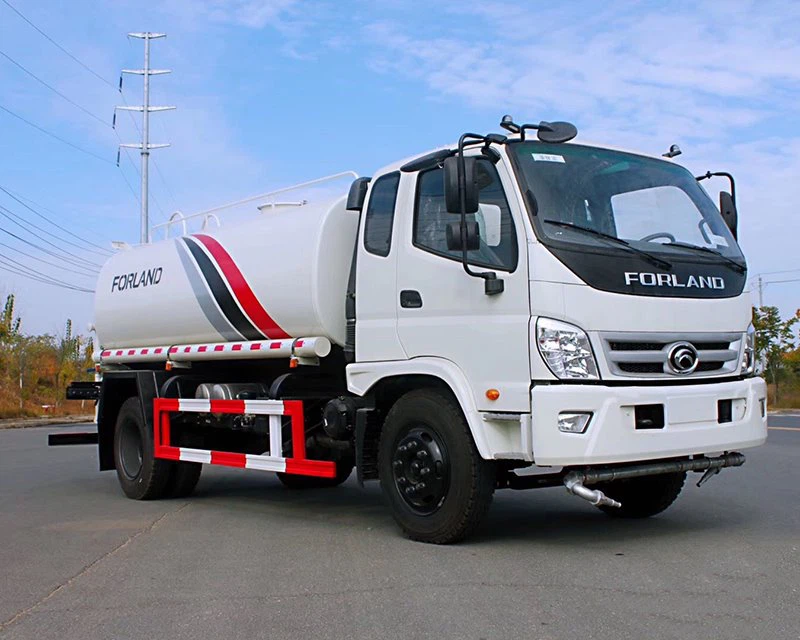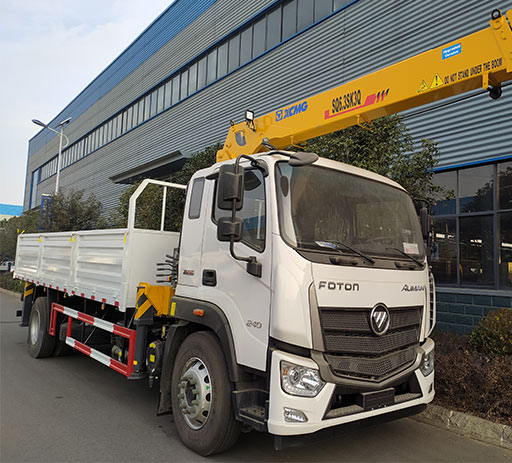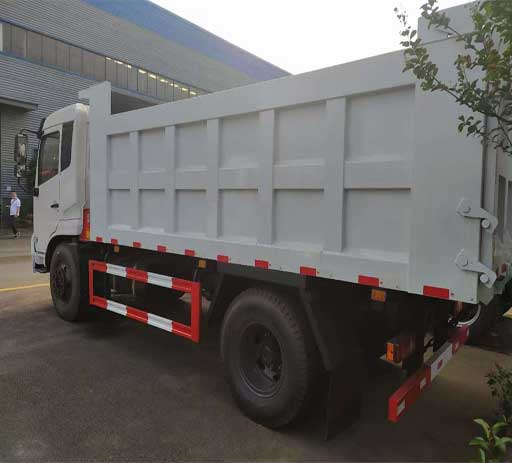Understanding Septic Tank Truck Costs: A Comprehensive Guide

Septic tanks are an essential part of many rural and suburban homes that are not connected to a municipal sewage system. As these systems require regular maintenance, septic tank trucks play a critical role in ensuring that they function properly. However, the costs associated with septic tank trucks can vary widely based on a range of factors. This article delves into the various components that affect septic tank truck costs, providing a thorough understanding for homeowners and property managers alike.
What Is a Septic Tank Truck?
A septic tank truck, commonly known as a vacuum truck, is specialized equipment used to pump out septic tanks. These trucks are equipped with large tanks that collect wastewater and sludge, which is then transported to treatment facilities or disposal sites. Understanding the role of these trucks is crucial for managing the septic systems effectively.
Factors Influencing Septic Tank Truck Costs
1. Type of Service Required
The cost of hiring a septic tank truck largely depends on the type of service needed. Key services include:
- Pumping: This is the primary service, usually necessary every 3 to 5 years.
- Cleaning: Involves more thorough maintenance, which might increase costs.
- Inspections: Regular inspections can predict necessary servicing, impacting overall costs.
2. Size of the Septic Tank
The size of the septic tank directly correlates to the pricing. Larger tanks require more effort and resources to pump. Here is a rough estimation based on tank sizes:
| Tank Size (Gallons) | Average Pumping Cost |
|---|---|
| 500 | $75 – $150 |
| 1000 | $150 – $250 |
| 1500 | $200 – $350 |
3. Frequency of Service
The more often you need to service your septic tank, the higher the cumulative costs. Regular maintenance can reduce big expenses down the line, but the frequency should be balanced with your household’s needs.
4. Geographic Location
The cost of septic tank truck services can vary significantly based on your location. Urban areas may have a higher hourly rate due to demand and operating costs, while rural areas may face longer travel times that can increase service fees.
5. Company Reputation and Experience
Established companies may charge more for their services due to their reputation and experience. While it can be tempting to choose the cheapest option, it’s essential to consider reliability and service quality.
6. Additional Charges
Additional charges may be incurred based on the conditions surrounding the service. Examples include:
- Access Fees: If the tank is difficult to reach, extra fees might apply.
- Emergency Services: Emergency pumping can double standard rates.
- Regulatory Fees: States may impose fees for disposal or treatment at treatment facilities.

Typical Costs Breakdown
The costs for septic tank trucks can be broken down into different components, as outlined below:
1. Base Service Fee
This is the flat rate charged for the service, which may include travel costs and a general fee for siphoning the tank.
2. Per Gallon Charge
Some companies charge per gallon of waste pumped. This adds to the total cost, especially for larger tanks.
Example of Costs
The following table illustrates potential costs based on various service fees:

| Service Type | Estimated Cost |
|---|---|
| Basic Pumping (1000 gallons) | $150 – $250 |
| Thorough Cleaning (1000 gallons) | $250 – $400 |
| Inspection | $100 – $200 |
How to Choose a Septic Tank Service Provider
1. Research and Read Reviews
Look for companies with good reviews and ratings online. Customer feedback can provide insights into service quality.
2. Get Multiple Quotes
Don’t settle for the first quote you receive. Getting multiple estimates can help you gauge the average cost and avoid overpaying.
3. Ask About Credentials
Ensure the company has appropriate certifications and licenses, which can indicate professionalism and reliability.
Tips for Maintaining Your Septic System
1. Regular Pumping
Pumping your septic tank regularly can prevent costly repairs. Stick to a schedule based on the tank size and household usage.
2. Use Water Wisely
Limit the amount of water entering the system. High water usage can overwhelm the tank, leading to backups and failures.
3. Avoid Flushing Non-Biodegradables
Items such as wipes, feminine hygiene products, and grease can clog the system. Dispose of them properly to maintain system health.
FAQs About Septic Tank Truck Costs
1. How often should I have my septic tank pumped?
Typically, every 3 to 5 years is recommended, depending on the tank size and household usage.
2. Can the cost vary by season?
Yes, seasonal demand can affect pricing. In spring and summer, demand may increase, leading to higher service costs.
3. Is it necessary to have a septic tank inspection?
Yes, regular inspections can identify issues before they become serious, saving you money on repairs.
4. What should I do if my septic tank is full?
If your tank is full, contact a septic tank service provider immediately to prevent backups and potential system failure.
5. Does my local municipality have any regulations regarding septic tanks?
Yes, many municipalities require permits and inspections for septic systems. Check local regulations to stay compliant.
6. Can I service my septic tank myself?

While some aspects can be maintained by homeowners, pumping and cleaning should be performed by professionals due to safety and technical requirements.
Conclusion
Understanding septic tank truck costs is crucial for effective system maintenance and cost management. Regular maintenance protects your investment and ensures a healthy living environment. By being informed, you can make better decisions when choosing services and managing your septic system.
